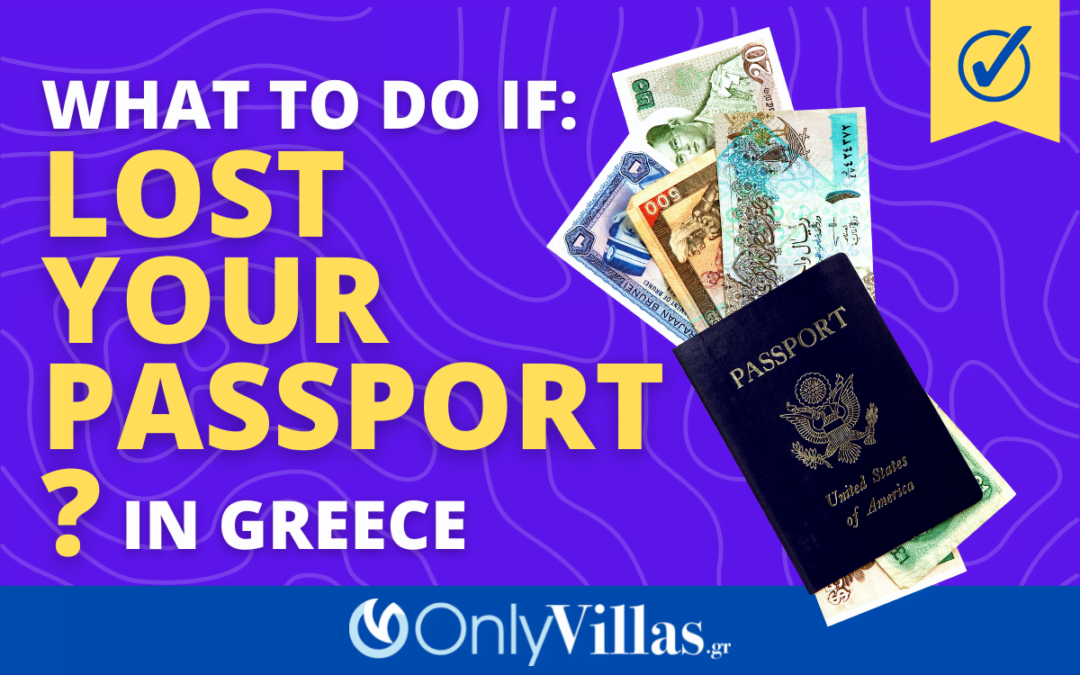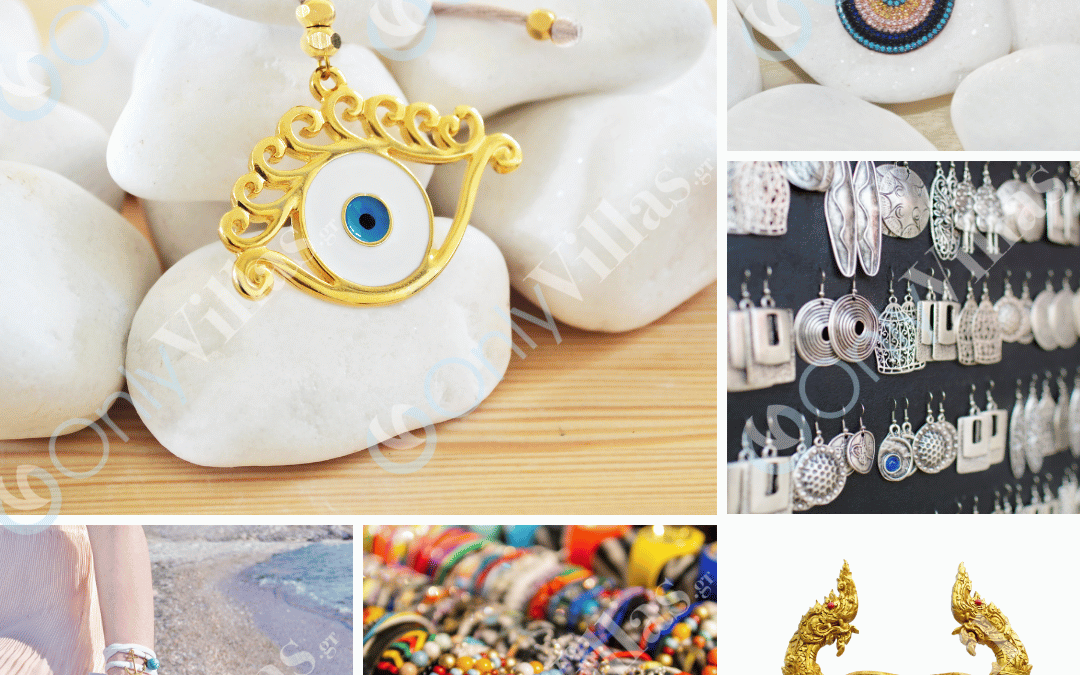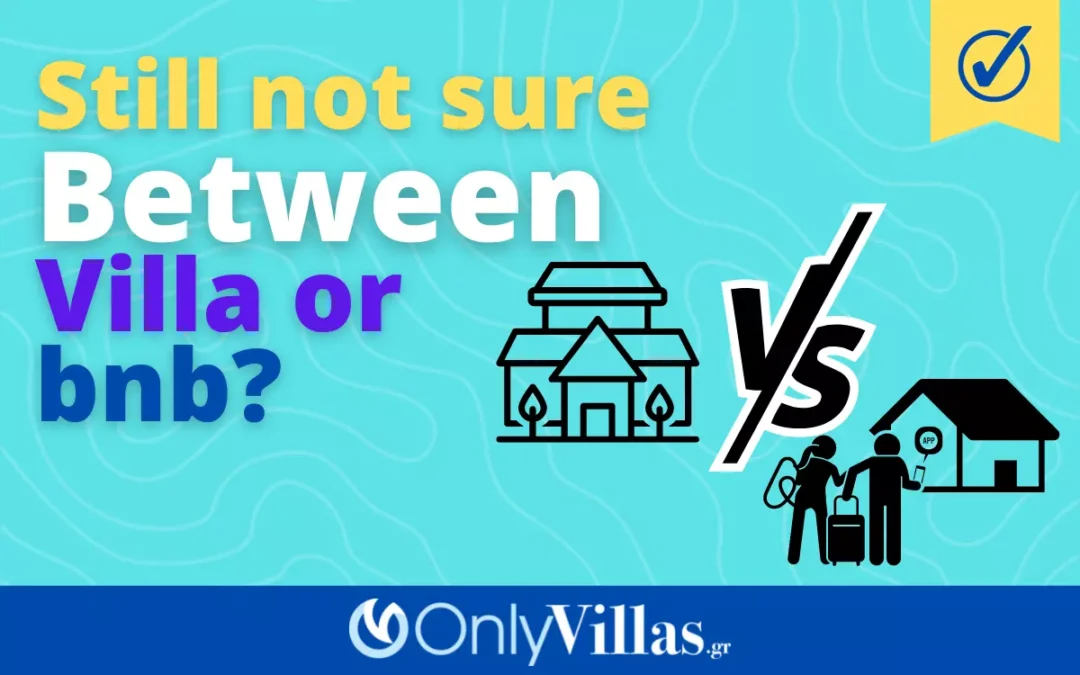Losing your passport can be a stressful and unsettling experience, especially if it happens while you are traveling abroad. If you find yourself in this situation while in Greece, here are some steps you can take to try to recover your passport and get back on track with your travels:
Before anything it is important to keep your cool!
-Yes, it is easier saying it than doing it.
But Hey, it has happend to most of us at least once!
- Report the loss to the local authorities: If you have lost your passport while in Greece, the first thing you should do is report the loss to the local police. This will help ensure that your passport is not used for any illegal activities and will also give you a police report to present to your embassy or consulate.
- Contact your embassy or consulate: Once you have reported the loss of your passport to the local authorities, the next step is to contact your embassy or consulate. They will be able to provide you with assistance and guidance on how to obtain a new passport. Be prepared to provide them with the police report and any other relevant documentation, such as a copy of your birth certificate or a valid government-issued ID.
- Make arrangements to get a new passport: Depending on your situation, you may be able to get a new passport while in Greece or you may need to return to your home country to get one. Your embassy or consulate will be able to provide you with more information on the process and what steps you need to take.
- Make arrangements for your return home: If you need to return to your home country to get a new passport, you will need to make arrangements for your travel. This may include booking a new flight or finding temporary accommodation until you are able to return to Greece.
- Stay safe and stay in touch: While you are working to get a new passport, it is important to stay safe and stay in touch with your embassy or consulate. Keep a close eye on your personal belongings and try to avoid risky situations. If you need assistance, don’t hesitate to reach out to your embassy or consulate for help.
If you are sure that there is a criminal reason involved in your lost passport:
You can contact the police by dialing the general emergency number, which is “100.” This number can be used to report any type of emergency, including crimes, accidents, or other incidents requiring immediate police assistance.
In addition to “100,” you can also contact the police in Greece by calling the following numbers:
- “166” for the Tourist Police (available 24/7)
- “199” for the Citizen’s Service Center (available 24/7)
- “112” for the European emergency number (available 24/7)
It is important to note that these numbers may only be used for emergency situations and not for general inquiries or non-emergency matters. For non-emergency matters, you can contact the local police station in your area. You can find the phone number for your local police station by contacting the Greek government or by searching online directories or websites.
Here is a list of some of the most common embassies in Greece and their telephone numbers:
Embassy of the United States in Athens: +30 210 727 2600
Embassy of the United Kingdom in Athens: +30 210 727 2600
Embassy of Canada in Athens: +30 210 727 2600
Embassy of Australia in Athens: +30 210 870 4000
Embassy of New Zealand in Athens: +30 210 361 0900
Embassy of France in Athens: +30 210 729 5111
Embassy of Germany in Athens: +30 210 725 5011
Embassy of Italy in Athens: +30 210 723 5371
Embassy of the Netherlands in Athens: +30 210 724 8371









